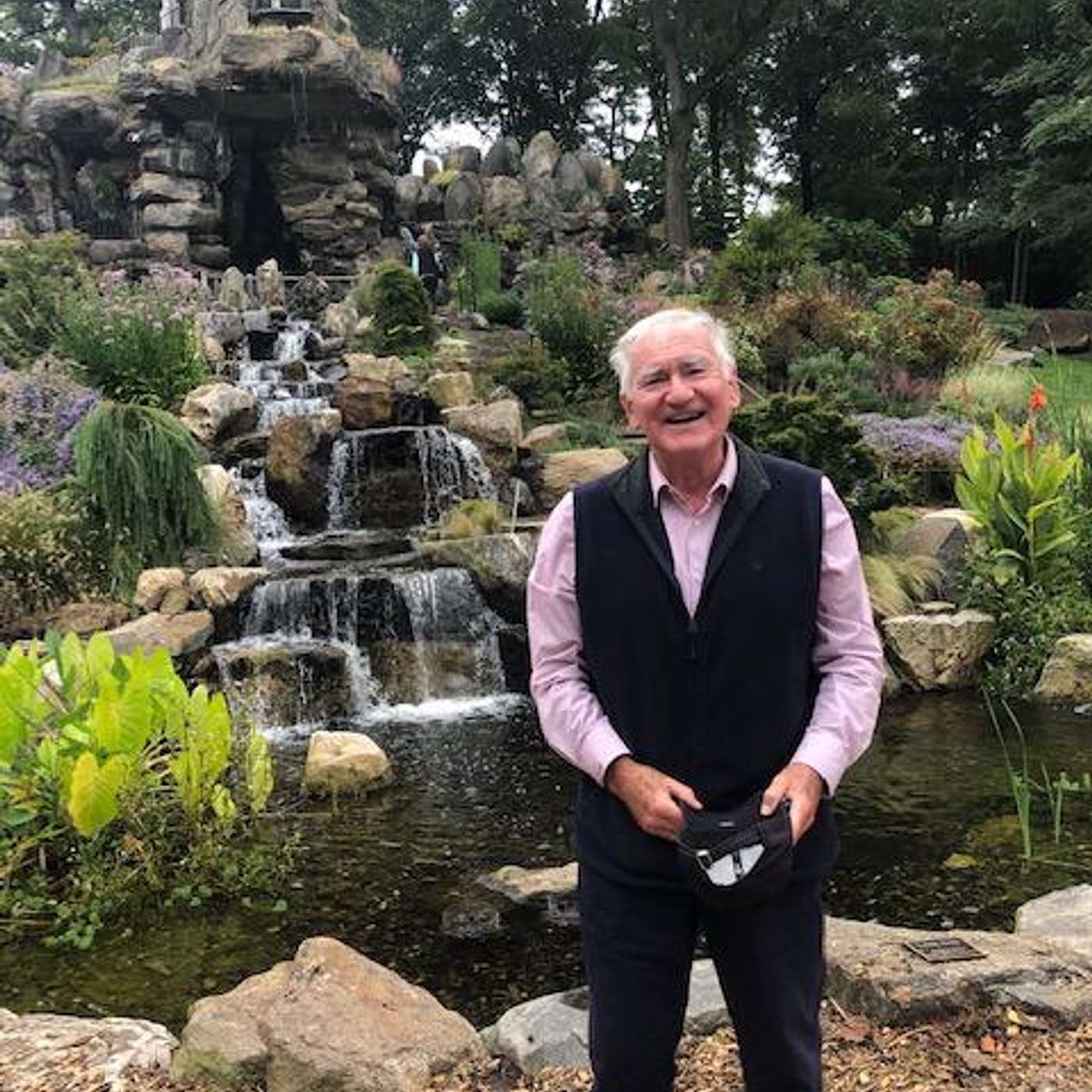#21 The Science of Prevention: How We Can End Child Maltreatment, with Benjamin Perks
Description
What if child maltreatment wasn't an inevitable social problem, but something we could dramatically reduce within a generation? Benjamin Perks, Head of Campaigns and Advocacy at UNICEF, believes this is not only possible but within our grasp.
In this compelling conversation, Ben shares his remarkable journey from the residential care system in the UK—where he experienced gang involvement and street life—to becoming a global leader in child protection at the United Nations. The turning point? A teacher who took him under her wing when he was 15, becoming "the first adult I really had a proper conversation with."
Ben introduces us to the "Four S's" every child needs: to feel secure, safe, seen, and soothed. When children receive these fundamental experiences from family, they develop resilience against adversity. When family support is lacking, schools become the crucial secondary buffer. What's revolutionary about our moment in history is that we now have the knowledge and resources to ensure every child experiences these four essentials.
Drawing powerful parallels to public health victories that reduced child mortality by 61% through simple interventions, Ben outlines how universal parenting programs, extended parental leave, preschool access, and public awareness could achieve similar results with child maltreatment. The economic argument alone is staggering: child maltreatment costs societies up to 12% of GDP, while prevention measures would cost less than 1%.
Ben's personal healing journey demonstrates that recovery is possible at any age. After recognizing how his childhood affected his adult life, therapy transformed his world "from black and white to color." This transformation enabled him to break the cycle of insecure attachment with his own son—proof that intergenerational patterns can be disrupted with the right support.
Discover more in Ben's book "Trauma Proof: Healing, Attachment and the Science of Prevention," which weaves together scientific research with personal narratives of healing from around the world. Join us in believing that we can be the last generation to accept child trauma as inevitable.
About Ben:
Benjamin Perks is the Head of Campaigns and Advocacy in the Division of Global Communications and Advocacy at the United Nations Children’s Fund, based in New York. He leads public and policy advocacy on the development and protection of children.
He previously served in human rights diplomacy roles as the UNICEF Representative and UN Resident Coordinator ad interim to both the Republic of North Macedonia and the Republic of Montenegro. In both capacities he advocated for reforms to fulfill international human rights commitments and realization of the Sustainable Development Goals.
He has served in Georgia, Kosovo, Afghanistan, India and Albania. He coordinated the Back-to-School campaign in the Northern Afghanistan which brought 3 million children, including 1 million girls, into school-most of them for the first times in their lives. He has led work on demobilization of child solders, deinstitutionalization of children in state care, addressing child poverty, pre-school expansion and disability inclusion.
Edits:
Ben is referring to Kevin Brown in relation to the speaker about attachment.
When I refer to mosquitoes the study was actually of fleas!
Disclaimer
Information reported by guests of this podcast is assumed to be accurate as stated. Podcast owner Colby Pearce is not responsible for any error of facts presented by podcast guests. In addition, unless otherwise specified, opinions expressed by guests of this podcast may not reflect those of the podcast owner, Colby Pearce.
























